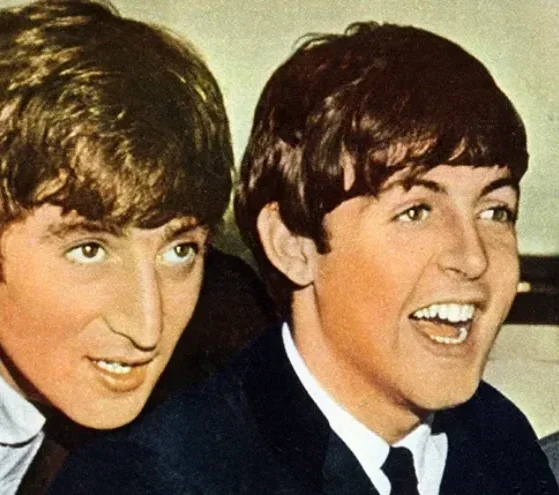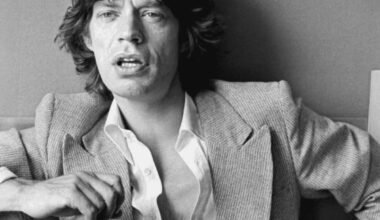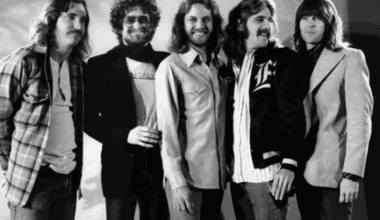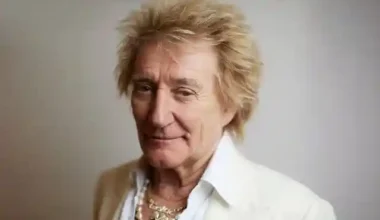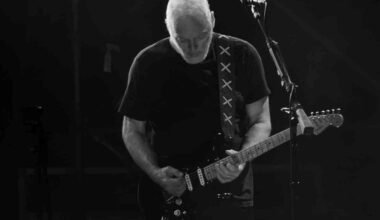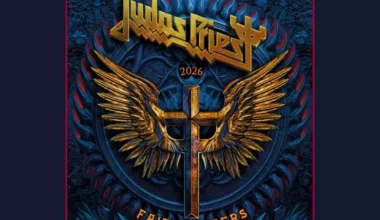Paul McCartney stands as an unparalleled songwriter, renowned for his role as a key creative force behind The Beatles and later as the leader of Wings. His remarkable range spans from the haunting “Eleanor Rigby” to the whimsical “Yellow Submarine,” securing his legacy as one of music’s greatest lyricists across generations.
However, McCartney’s view of himself wasn’t always so certain. His on-and-off songwriting partner, John Lennon, harbored a more critical perspective. Their relationship began as a collaborative duo, sharing credits on early Beatles tracks, but soon soured. As McCartney sought greater creative control and Lennon leaned toward collaboration with his partner Yoko Ono, tensions mounted, contributing to The Beatles’ eventual breakup in 1970.
Following the band’s split, Lennon unleashed a barrage of public critiques towards McCartney. At one point, he infamously compared McCartney to Engelbert Humperdinck, a remark that understandably stung. Although Humperdinck enjoyed commercial success in the ’60s, his songwriting skills paled in comparison to McCartney’s.
In a 1974 interview with Rolling Stone, McCartney admitted to “hating” Lennon’s words, recalling how he meticulously processed each insult. The constant belittling began to chip away at McCartney’s self-esteem. He reflected, “Does he really think that of me? I thought… I’m just nothin’.”
Despite the hurt, McCartney chose not to retaliate. With the support of his wife, Linda, he gradually recognized that Lennon’s comments were rooted more in bitterness than in reality. “Gradually, I started to think, great, that’s not true,” McCartney noted. “I’m not really like Engelbert; I don’t just write ballads.” His body of work proved that he was far more versatile, blending experimental sounds in albums like Revolver and crafting a variety of rock anthems alongside heartfelt ballads.
Lennon understood this too, and he relished provoking McCartney, knowing his words would cut deep. McCartney reflected, “At the time, I tell you, it hurt me. Whew. Deep.” Ultimately, it was the reassurance of friends that helped him rebuild his confidence and appreciate his own talents.
Despite their contentious exchanges and the occasional digs in their songs, McCartney and Lennon reconciled before Lennon’s tragic death in 1980. Lennon’s final remarks about McCartney revealed a sense of fondness, highlighting the underlying mutual respect that defined their complicated yet enduring partnership.

